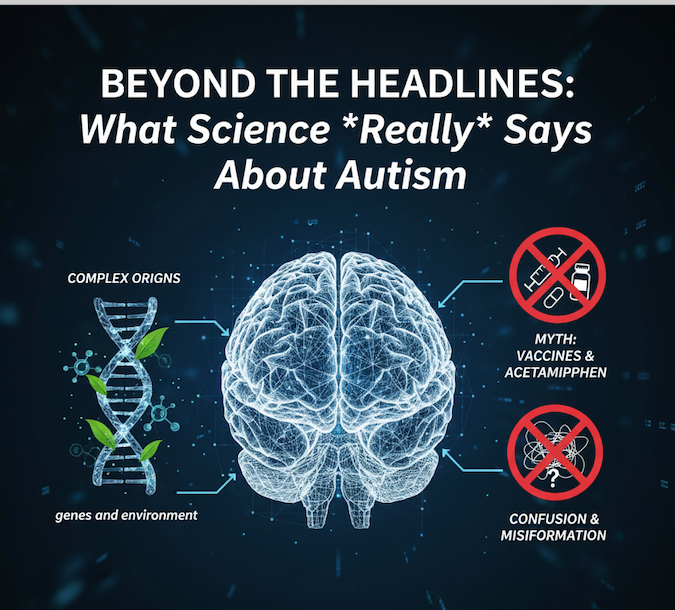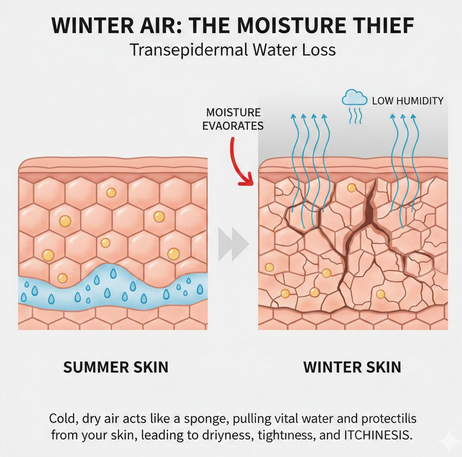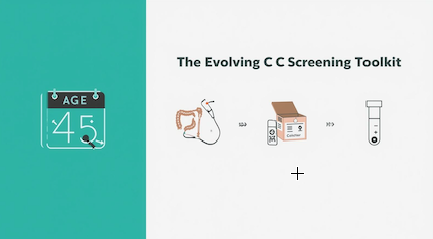Beyond the Headlines: What Science Really Says About Autism
- OliveHealth

- Oct 29
- 4 min read
by. Dr. Ed Fuentes

In an age of endless information, it's easy for complex topics like autism to get muddled by myths and speculation. You've probably heard various claims about what causes autism, or why its prevalence seems to be rising. But what does the actual science show?
Today, we're cutting through the noise to bring you a clear, evidence-based look at autism spectrum disorder (ASD) – from its evolving prevalence to the latest research, and most importantly, what isn't causing it.
Autism Prevalence: More Than Just a Number
The numbers are clear: according to the CDC, ASD prevalence in U.S. children has risen significantly, from 1 in 150 in 2000 to 1 in 36 in 2022. This isn't just a statistic; it reflects a growing awareness and understanding.
So, what's driving this increase?
It's not a single factor, but a combination of several important shifts:
Broader Diagnostic Criteria: Our understanding of autism has expanded, leading to more inclusive diagnostic guidelines.
Increased Awareness & Screening: Parents and pediatricians are better at recognizing early signs, leading to earlier diagnosis.
Reduced Stigma: As societal acceptance grows, fewer children are "overlooked" or misdiagnosed due to stigma.
Biological Risk Factors: While not the main driver of the increase, known factors like advanced paternal age (fathers having children later in life) and the increased survival rates of preterm babies (who have higher rates of neurodevelopmental differences) also play a role.
Essentially, more children who might have been missed in previous decades are now being accurately identified and supported. This is a positive step towards ensuring everyone gets the help they need.
Debunking the Myths: What Doesn't Cause Autism
This is where the science gets particularly emphatic. Despite persistent rumors, leading medical experts and decades of rigorous research have unequivocally debunked certain claims:
Myth 1: Vaccines Cause Autism.
The Science Says: Absolutely NOT.
This myth, largely fueled by a fraudulent 1990s study that was later retracted, has been thoroughly disproven by numerous large-scale, high-quality studies involving hundreds of thousands of children. There is no link between vaccines (including the MMR vaccine) and autism. The timing coincidence (autism symptoms often emerge around the same age vaccines are administered) is simply that: a coincidence. Getting vaccinated is crucial for protecting children from serious diseases.
Myth 2: Prenatal Acetaminophen Use Causes Autism.
The Science Says: No Causal Link Found.
This claim gained recent attention, but the most robust scientific evidence does not support a causal link. While some smaller studies suggested an association, a massive 2024 Swedish study involving 2.4 million children found no relationship between in utero acetaminophen exposure and autism diagnoses when accounting for shared family factors like genetics and environment. This means the factors that lead a pregnant person to take acetaminophen (like fever or pain, which themselves can have effects) or other familial traits are more likely what previous studies were picking up, not the medication itself. For pregnant individuals, acetaminophen remains one of the few safe, over-the-counter options for pain and fever relief when used judiciously.
The Real Story: A Complex Mix of Genes and Environment
So, if it's not vaccines or acetaminophen, what does cause autism? The answer is complex, pointing to a combination of factors:
Genetics are Key: There's a strong genetic component to autism, backed by decades of evidence. We're now even identifying distinct genetic subtypes of autism, challenging the idea that it's a single, uniform disorder.
Environmental Influences: While less understood than genetics, environmental factors likely play a role, possibly by influencing how genes are expressed (epigenetics). However, no single "widespread environmental effect" has been reliably proven as a direct cause. It's more likely that environmental exposures act as modifiers, subtly influencing gene expression or brain development.
An Exciting Frontier: The Gut-Brain Connection
One of the most fascinating and rapidly developing areas of research is the gut microbiome and its potential link to autism. Emerging studies are showing:
Gut Dysbiosis: Differences in the gut bacteria of individuals with autism are frequently observed.
Brain Communication: Researchers are finding links between specific gut microbial byproducts (like tryptophan metabolites) and brain activity in individuals with ASD.
Potential Interventions: Early studies on microbiota transfer therapy have shown promising results in improving both gastrointestinal and autism-related symptoms. While more research is needed, this area offers a fascinating avenue for future insights and potential therapies.
The Future of Autism Research: Data Science to the Rescue
The journey to fully understand autism is ongoing, and major initiatives are fueling the next wave of discoveries. The National Institute of Health’s Autism Data Science Initiative (ASDI), with its $50 million investment, is poised to uncover new insights. Projects will use cutting-edge data science and causal inference techniques to:
Generate stronger evidence on early-life factors.
Examine the interplay between genes and environmental exposures.
Ultimately, guide more effective strategies for diagnosis, intervention, and care.
The Takeaway
Autism is a complex neurodevelopmental condition, and our understanding continues to evolve. While we can confidently dismiss certain myths, the true picture involves a sophisticated interplay of genetics, environmental influences, and even factors like the gut microbiome. With dedicated research and advanced data analysis, we are continually moving closer to a deeper understanding, paving the way for better support and outcomes for individuals on the autism spectrum.
_________________________________________________________________
What are your thoughts on the evolving science of autism? Share this post to help spread accurate information and join the conversation in the comments below! If you or someone you know is seeking more resources, visit:
🌐 Official Autism Resource Websites
Key Advocacy & Support
Autism Speaks:
Website: https://www.autismspeaks.org/
Autism Society of America:
Website: https://autismsociety.org/
U.S. Federal Government Resources
Centers for Disease Control and Prevention (CDC) — Autism Spectrum Disorder (ASD):
National Intsitutes of Health (NIH) — Autism Data Science Initiative (ASDI):
National Institute of Mental Health (NIMH) — ASD:
Interagency Autism Coordinating Committee (IACC):
Website: https://iacc.hhs.gov




Comments